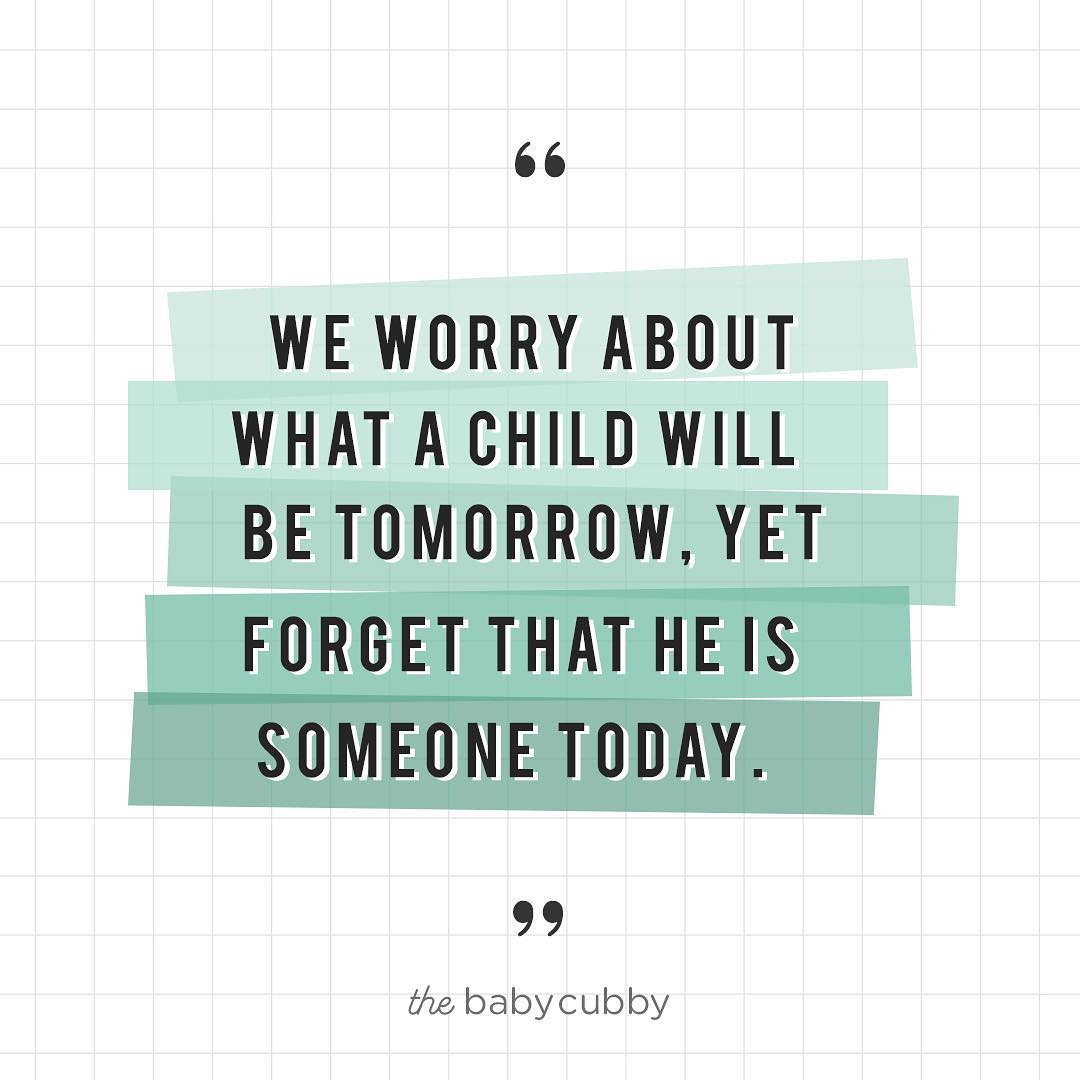No matter how hard we try to keep our cool with our kids 24/7, we've all lost it and yelled. Whether you've asked your toddler to put their shoes on for the 100th time or your kids won't stop tackling each other, sometimes our kids can turn us into absolute monsters! How do they know exactly which buttons to press?
Even though no one is expecting you to be a perfect mama, trying your best to keep your temper under control with your kids is important not just for your mental health, but for the emotional development of your kids. In the moment, shouting at our littles seems like the perfect response that will solve all of our problems, but in reality, raising our voices in anger and frustration with our kids will do much more harm than good.
Depression and Anxiety
I think we can all agree that making our kids sad never feels good-- it is absolutely heart-wrenching to discipline your little one and know those tears are partly your fault. The great thing about little kids is that when discipline is followed up by love and teaching, then they will forgive and forget. But as our kids get older, they will start to internalize the things that we do, and something that
studies show happens when we yell consistently to our children is an increase in depression. I once had a professor of child development and behavior. He said that when you're yelling at your child and looking down on them, your child sees you as three times as tall as you actually are, and that can be terrifying for little kids. With an increase in verbal abuse, not only will our children feel dejected, but they will experience an increase in anxious behavior and could develop physical reactions (like flinches) to yelling or shouting.
Increase in Behavioral Problems
Even though yelling might seem like the perfect solution in the moment, yelling at our kids for every bad behavior will actually increase the chances that they will continue to have conduct problems. How often have we been told to "ignore" our kids when they're acting out, because the attention might increase the behavior--the
same thing can happen when we yell too often. Yelling at our kids will not only show them that their actions affect us to the point of yelling, but they'll continue to have problems with their parents, peers, and other authority figures (like teachers) because they won't be able to properly express themselves or deal effectively with their own emotions. In my experience with my kids, I find that when I yell more to get what I want them to do they end up yelling back, and we end up in a yucky yelling circle that doesn't solve anything and ends with all of us more frustrated than before. With my toddler, I find when I do my best to get down to his level, make sure I take a little extra time to help him understand what I'm asking him to do or how I want him to behave, it gets done quicker or his behavior switches and it helps the two of us learn how to talk to each other in a better way.
Being our best selves for our kids means keeping a lid on our emotions and teaching them how to behave by modeling the better way to handle emotions. Yelling consistently to our kids can cause short term frustration and long term trouble with being able to process emotions and interacting with others in a kinder way.





